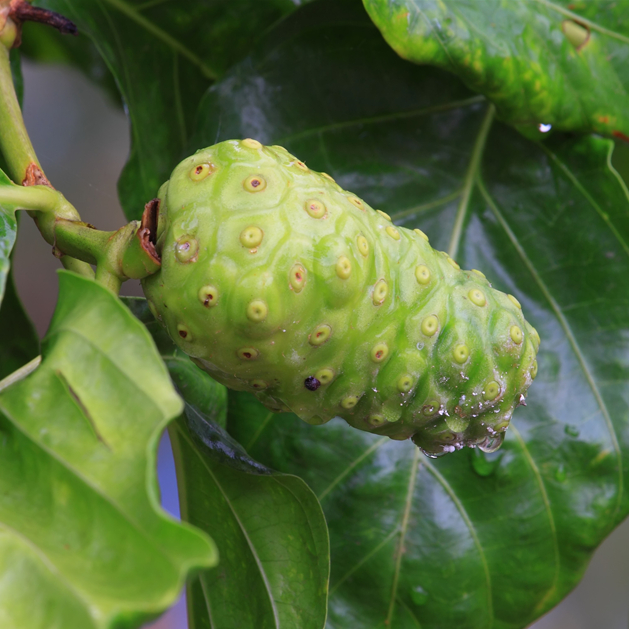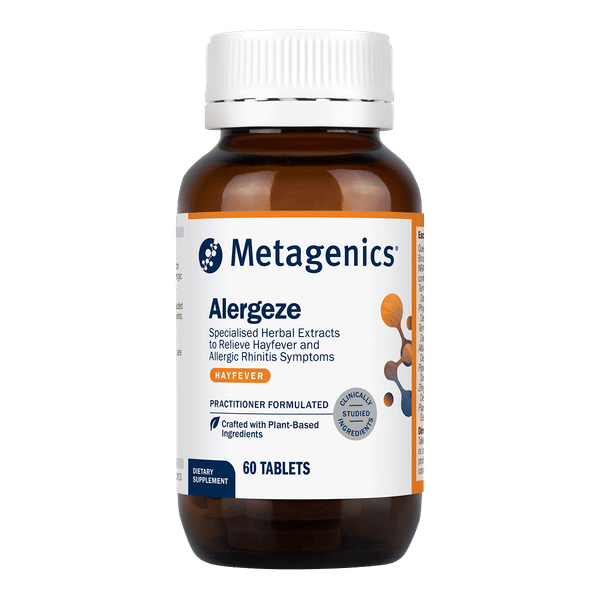
Background
Indian long pepper fruit and root contain chemicals that might help kill certain parasites and reduce swelling. One of these chemicals is called piperine. When taken by mouth, piperine seems to allow some drugs and other substances to be better absorbed by the body.
People use Indian long pepper for asthma, lung problems, arthritis, heart disease, common cold, cough, indigestion, stress, and many other conditions, but there is no good scientific evidence to support these uses.
Don't confuse Indian long pepper with other types of peppers, including black pepper, capsicum, and white pepper. These are not the same.
Safety Safety definitions
Special Precautions & Warnings:
Pregnancy and breast-feeding: Indian long pepper fruit is commonly consumed in foods. But there isn't enough reliable information to know if Indian long pepper is safe to use as medicine when pregnant or breast-feeding. Stay on the safe side and avoid use.Bleeding conditions: Indian long pepper might slow blood clotting. Taking Indian long pepper in amounts greater than those found in foods might increase the risk of bleeding in people with bleeding disorders.
Surgery: Indian long pepper might slow blood clotting and affect blood sugar levels. Taking Indian long pepper in amounts greater than those found in foods might cause bleeding complications or affect blood sugar levels during surgery. Stop taking Indian long pepper at least 2 weeks before surgery.
Effectiveness
Dosing & administration
Interactions with pharmaceuticals
Amoxicillin (Amoxil, Trimox)
Interaction Rating=Minor Be watchful with this combination.
Indian long pepper contains a chemical called piperine. Piperine might increase the amount of amoxicillin absorbed by the body. This might increase the effects and side effects of amoxicillin. But it's not clear if this is a big concern.
Carbamazepine (Tegretol)
Interaction Rating=Minor Be watchful with this combination.
Indian long pepper contains a chemical called piperine. Piperine might increase the amount of carbamazepine absorbed by the body. This might increase the chance of side effects. But it's not clear if this is a big concern.
Cefotaxime (Claforan)
Interaction Rating=Minor Be watchful with this combination.
Indian long pepper contains a chemical called piperine. Piperine might increase levels of cefotaxime in the blood. This might increase the effects and side effects of cefotaxime. But it's not clear if this is a big concern.
Cyclosporine (Neoral, Sandimmune)
Interaction Rating=Moderate Be cautious with this combination.
Indian long pepper contains a chemical called piperine. Piperine might increase levels of cyclosporine in the body. This might increase the effects and side effects of cyclosporine. But it's not clear if this is a big concern.
Medications changed by the liver (Cytochrome P450 3A4 (CYP3A4) substrates)
Interaction Rating=Moderate Be cautious with this combination.
Some medications are changed and broken down by the liver. Indian long pepper might change how quickly the liver breaks down these medications. This could change the effects and side effects of these medications.
Medications for diabetes (Antidiabetes drugs)
Interaction Rating=Moderate Be cautious with this combination.
Indian long pepper might lower blood sugar levels. Taking Indian long pepper along with diabetes medications might cause blood sugar to drop too low. Monitor your blood sugar closely.
Medications moved by pumps in cells (P-glycoprotein substrates)
Interaction Rating=Moderate Be cautious with this combination.
Some medications are moved in and out of cells by pumps. Indian long pepper might change how these pumps work and change how much medication stays in the body. In some cases, this might change the effects and side effects of a medication.
Medications that slow blood clotting (Anticoagulant / Antiplatelet drugs)
Interaction Rating=Moderate Be cautious with this combination.
Indian long pepper might slow blood clotting. Taking Indian long pepper along with medications that also slow blood clotting might increase the risk of bruising and bleeding.
Nevirapine (Viramune)
Interaction Rating=Moderate Be cautious with this combination.
Indian long pepper contains a chemical called piperine. Piperine might increase levels of nevirapine in the body. Taking Indian long pepper with nevirapine might increase the effects and side effects of nevirapine. But it's not clear if this is a big concern.
Pentobarbital (Nembutal)
Interaction Rating=Moderate Be cautious with this combination.
Indian long pepper contains a chemical called piperine. The piperine in Indian long pepper might increase the sleepiness caused by pentobarbital.
Phenytoin (Dilantin)
Interaction Rating=Moderate Be cautious with this combination.
Indian long pepper contains a chemical called piperine. The piperine in Indian long pepper might increase how much phenytoin the body absorbs. This might increase the effects and side effects of phenytoin.
Propranolol (Inderal)
Interaction Rating=Moderate Be cautious with this combination.
Indian long pepper contains a chemical called piperine. The piperine in Indian long pepper might increase how much propranolol the body absorbs. This might increase the effects and side effects of propranolol.
Rifampin (Rifadin)
Interaction Rating=Moderate Be cautious with this combination.
Indian long pepper contains a chemical called piperine. The piperine in Indian long pepper might increase how much rifampin the body absorbs. This might increase the effects and side effects of rifampin.
Theophylline
Interaction Rating=Moderate Be cautious with this combination.
Indian long pepper contains a chemical called piperine. The piperine in Indian long pepper might increase how much theophylline the body absorbs. This might increase the effects and side effects of theophylline.
Interactions with herbs & supplements
Herbs and supplements that might slow blood clotting: Indian long pepper might slow blood clotting and increase the risk of bleeding. Taking it with other supplements with similar effects might increase the risk of bleeding in some people. Examples of supplements with this effect include garlic, ginger, ginkgo, nattokinase, and Panax ginseng.
Rhodiola: Indian long pepper contains a chemical called piperine. Piperine might reduce the effects of rhodiola in the body.
Scotch broom: Indian long pepper contains a chemical called piperine. Scotch broom contains a chemical called sparteine. The piperine in Indian long pepper might increase how much sparteine the body absorbs from Scotch broom. The higher levels of sparteine can be harmful.



